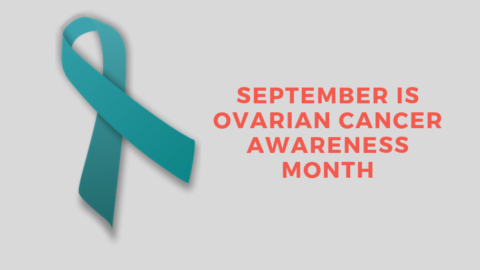With the COVID-19 virus we as a nation were told to go home, to social distance, to stay away from each other – and yet – frequently heard the phrase, “We are all in this together.”
A bonding of our human tribe during a profound moment in human history. A moment when we came face to face with the reality that, yes, we really ARE all in this together. Curious isn’t it? This is probably the first time in our lives we have to come together by staying apart. Collectively we shared the understanding that we needed to cooperate and work together for our mutual benefit – for your health, your family’s health, and our nation’s health.
One wonders whether this bonding might fizzle once our common threat has run its course. When normalcy, or what each of us perceives as normal, returns. Is there a chance we may hang onto this bonding thought of being ‘in something together’?
Those of us in public health have always felt we were in this together! Public health folks refer to health as a result of the ‘conditions where we live, learn, work and play,’ which covers a lot of ground. We routinely analyze the diseases that plague us, the social dysfunctions that ail our communities, and the social determinants of our individual and collective health.
We study and assess the ways individuals – like you and I stay healthy or fall prey to whatever health threat is around the next corner. It’s time for the health conversation in America to be about more than solely the treatment of ill health.
As professionals we routinely find ourselves educating others about the field of public health and the role and benefit of health education specialists. We repeatedly, and largely unsuccessfully, attempt to broaden health policy debates in America to be about more than access to clinical healthcare services.
To our way, of thinking the healthcare system that provides powerful services to those in need of healing and lifesaving care at the moments we are most vulnerable should be rebranded the sickcare system to accurately reflect its primary benefit. In contrast, public health’s primary mandate is to keep as many people in our communities as healthy as possible to reduce our over dependence on the sickcare system. Nice idea right?
But here comes the challenge. Historically, our nation hasn’t supported the idea of public health and the powerful potential it provides. Until the public fully appreciates and supports the mutual and powerful benefit public health brings to our understanding of what makes society healthy, we won’t get there.
Maybe the collective awakening that infected our bodies and our minds through the COVID-19 experience is enough for us to recognize whether it’s a virus or unhealthy eating environments we are still all in this together! It is time to put the “public” into public health.
Each person needs to see themselves as an ally of public health. Each person effectively social distancing and washing their hands is a potential new public health teammate. Just as COVID-19 is teaching us, systematic understanding, education, coordination and cooperation are all needed to get us where we need to go.
Putting the “public” into public health means we value and fund those things that we did not prioritize in the pre-COVID world. Waiting to spend our nation’s resources once things get bad has never been a good deal. This seems like a prime time to examine whether a little bit of health re-prioritization might be a good idea relative to public health and the healthy society we all value.
In the post-COVID world, we are still all in this together.
Join me in welcoming everyone to become part of the public health team.
Robert Strack
Professor and chair Department of Public Health Education
University of North Carolina Greensboro


